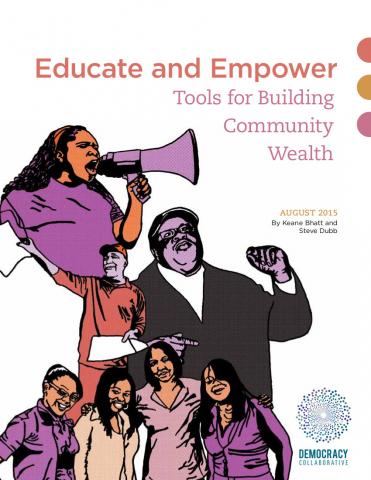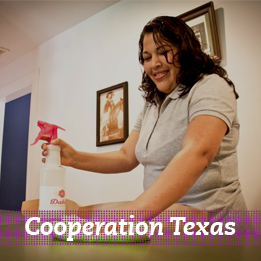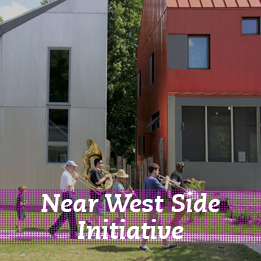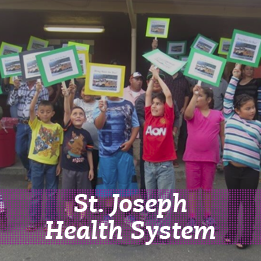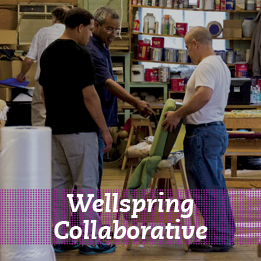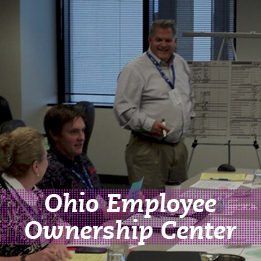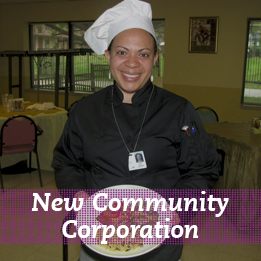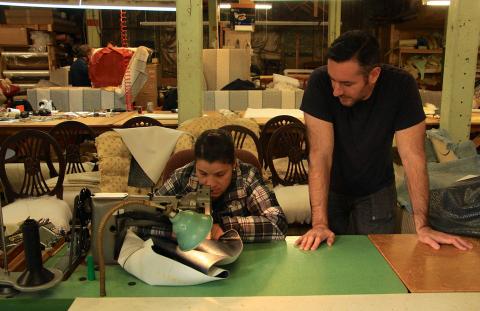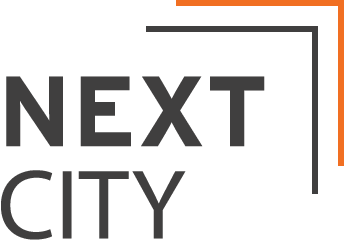How do low-income communities learn to advance economically and build wealth? Low-income communities and communities of color, in challenging structural economic and social inequality, have historically grappled with tensions inherent to development. Who participates in, directs, and ultimately owns the economic-development process? In creating and sustaining new, inclusive economic institutions, how do community members cultivate and pass on skills, commitment and knowledge—especially among those who have long faced barriers to education and employment? And how should communities strike an appropriate balance between utilizing local knowledge and accessing outside expertise?
Our new report Educate and Empower, authored by Keane Bhatt and Steve Dubb, draws on case studies of 11 different community economic development initiatives from across the United States to highlight a diverse set of powerful answers to these critical questions.
If you'd like printed copies of this report or the accompanying poster, please email press@democracycollaborative.org.
Highlights from our 11 case studies:
